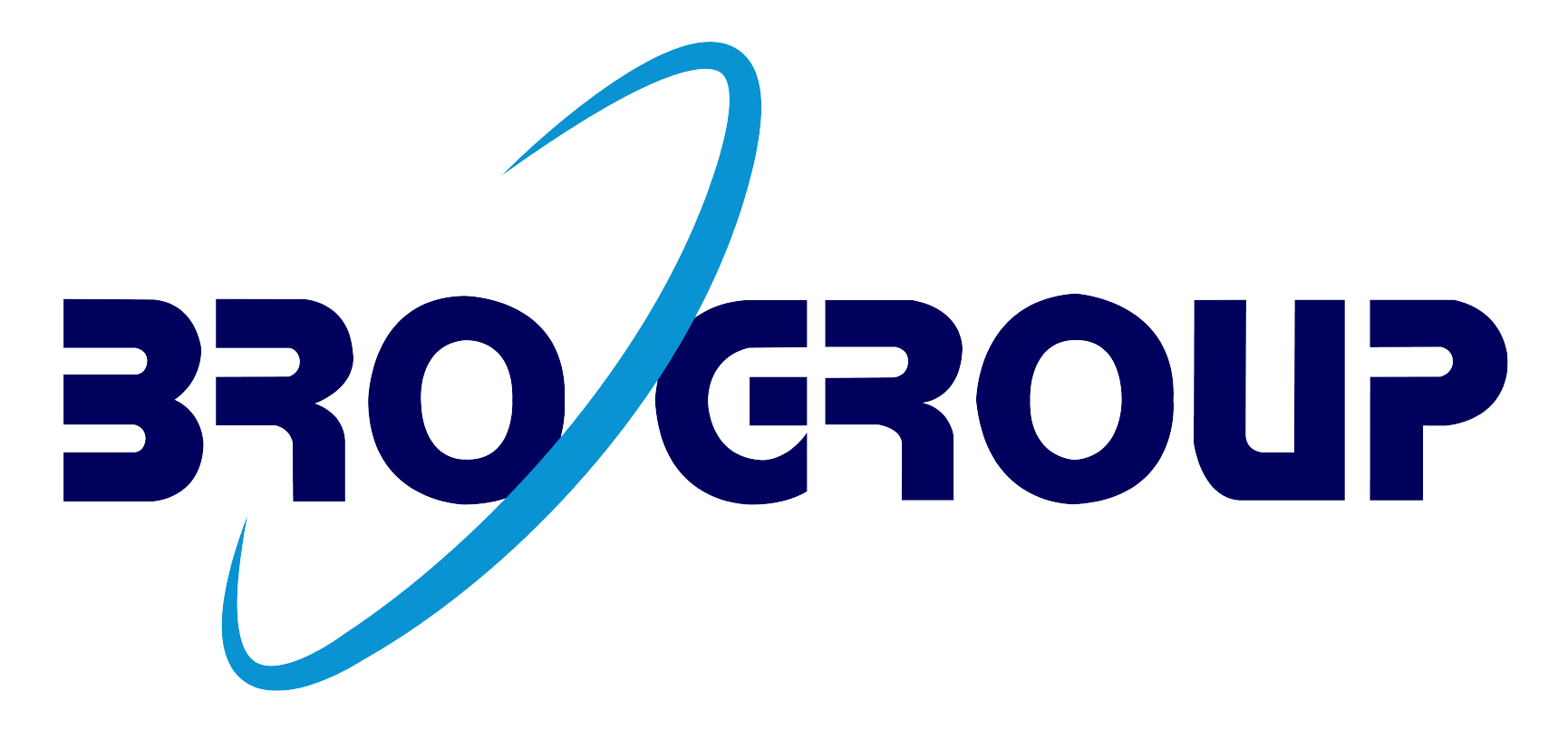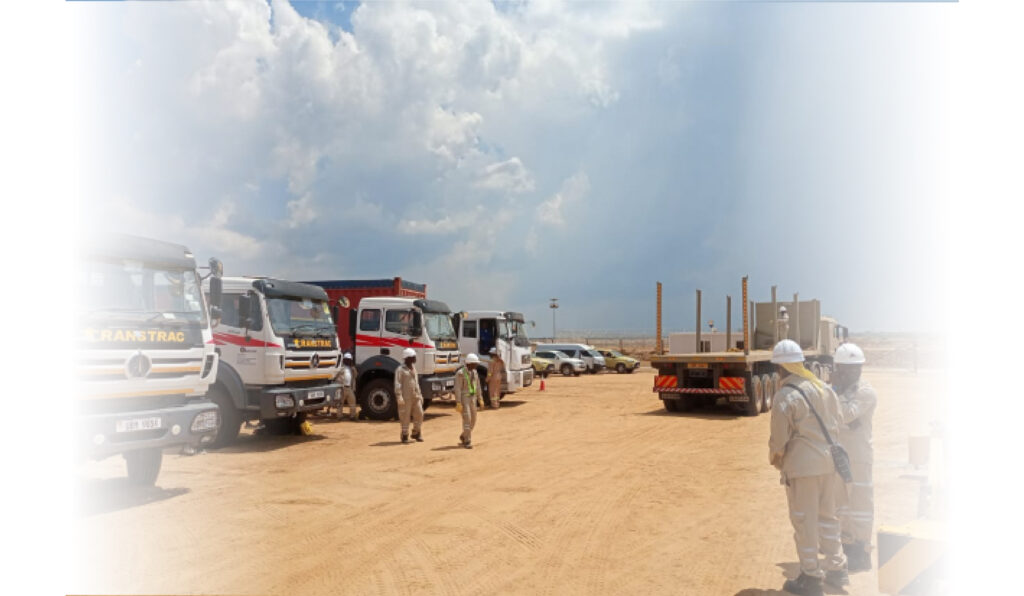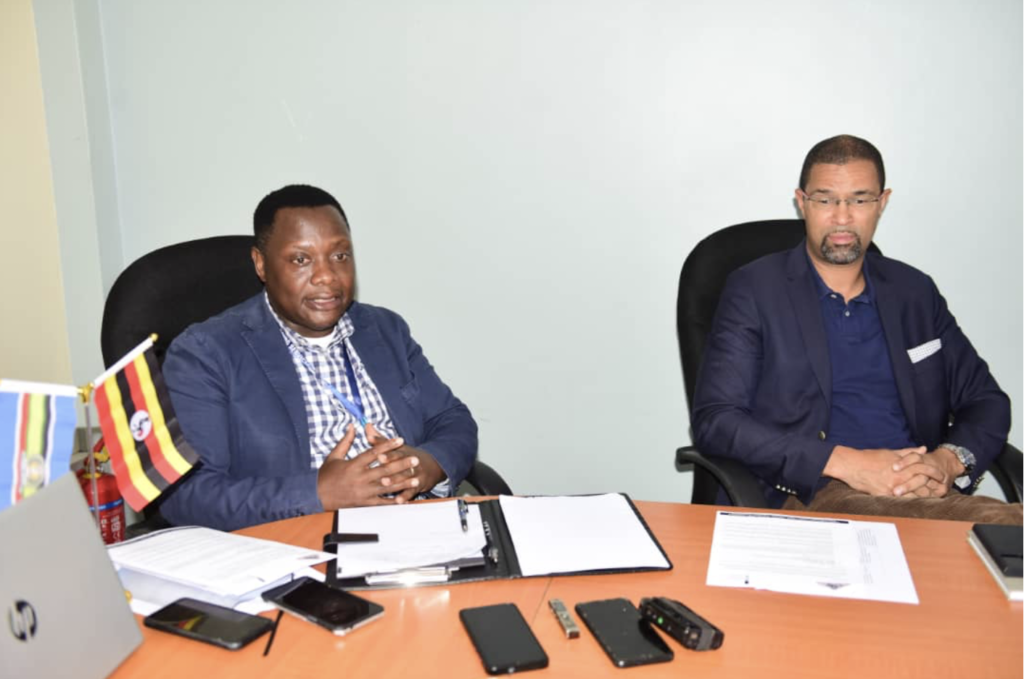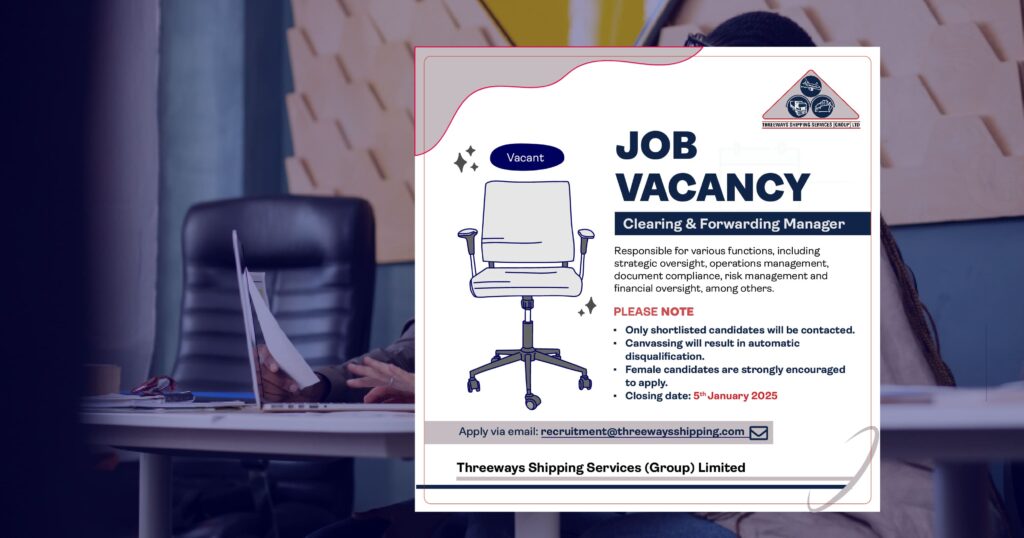Bro Group Ltd, a holding company, has refuted media reports that it has outstanding tax liabilities of shillings 5.8 billion with the Uganda Revenue Authority (URA). The group owns three subsidiaries: Threeways Shipping, Threeways Distribution and Transtrac. Geoffrey Baitwa, the co-managing director of Threeways Shipping Services Ltd, told a media briefing on Friday that there were distress warrants issued against the three entities of Threeways Shipping, Threeways Distribution and Transtrac in 2021. “However, these distress warrants were immediately suspended by URA itself upon the entities raising objections to the amounts owing to URA pending tax reconciliations. Today, there are currently no active distress warrants,” he said. He explained that currently, Threeways Shipping has no outstanding overdue tax obligation with URA while Transtrac and Threeways Distribution both signed memoranda of understanding (MOUs) in July 2023 for the settlement of their outstanding tax obligations. He said this was based on amounts agreed with URA after lengthy reconciliation processes.
“These MOUs are being honoured and it is not possible to have MOUs in place with the URA, that are being honoured, and at the same time being embroiled in a distressing process for the same time,” Baitwa said.
He added that the distress warrants issued in 2021 were linked to PAYE, income tax and VAT, and had nothing to do with taxes on imported goods. Baitwa said in 2015, Threeways Shipping agreed to a combined $4.4m loan from Standard Chartered Bank consisting of various specific facilities. He noted that following difficulty in meeting its payment plan, Threeways Shipping and Standard Chartered Bank reached a consent agreement in November 2018 where the outstanding amount was fixed at $3.7m. “In April 2019, Threeways Shipping and Standard Chartered Bank reached a consent variation agreement based on a $1.5m part-settlement payment towards the outstanding amount of $3.7m. This left the outstanding balance at $2.2m,” he said. Unfortunately, he said, due to the advent of COVID-19 in 2020, and the significant impact it had on the general business environment, the payment plan by Threeways Shipping to settle the outstanding amount of $2.2m fell apart.
“Consequently, in December 2020, despite a concrete offer from Threeways Shipping to reduce the outstanding loan amount further by $1m, Ligormac Advocates, acting on behalf of Standard Chartered Bank, sold our property (land) in Namanve that was held as security, to the Mandela Group and recovered the outstanding amount,” Baitwa said. Daniel Pettersson, who is also a co-managing director of Threeways Shipping Services Ltd, said on December 21, 2020, Ligormac Advocates acting on behalf of Standard Chartered Bank sold land registered under Threeways Shipping in Namanve. The sale was challenged in court by Threeways Shipping, a court process that is still ongoing. “It should be noted that this was done in a COVID-19-year contrary to instructions given by the Government to banks to be lenient due to the extreme environment,” he said. Pettersson also said on December 31, 2020, Ligormac Advocates issued Threeways Shipping with an eviction notice, giving Threeways Shipping only seven days to remove all its assets from the Namanve land, which had been its operational site for many years. This eviction was also challenged in court by Threeways Shipping, and the case is still ongoing.
“The sale of the Namanve land was triggered by Standard Chartered Bank, through Ligormac Advocates, without any involvement of the URA in the process and Threeways Shipping’s assets, including some belongs to third parties, were evicted/transfered in January 2021 based on arrangements between Ligormac Advocates and Liberty ICD,” he said.
“Threeways Shipping was not a party to these arrangements, and neither was any of the other Bro Group entities,” he added. The duo also clarified that all their individual subsidiaries have independent legal personalities and that the dealings and operations of one cannot and shouldn’t be substituted for another.
Source: NewVision





